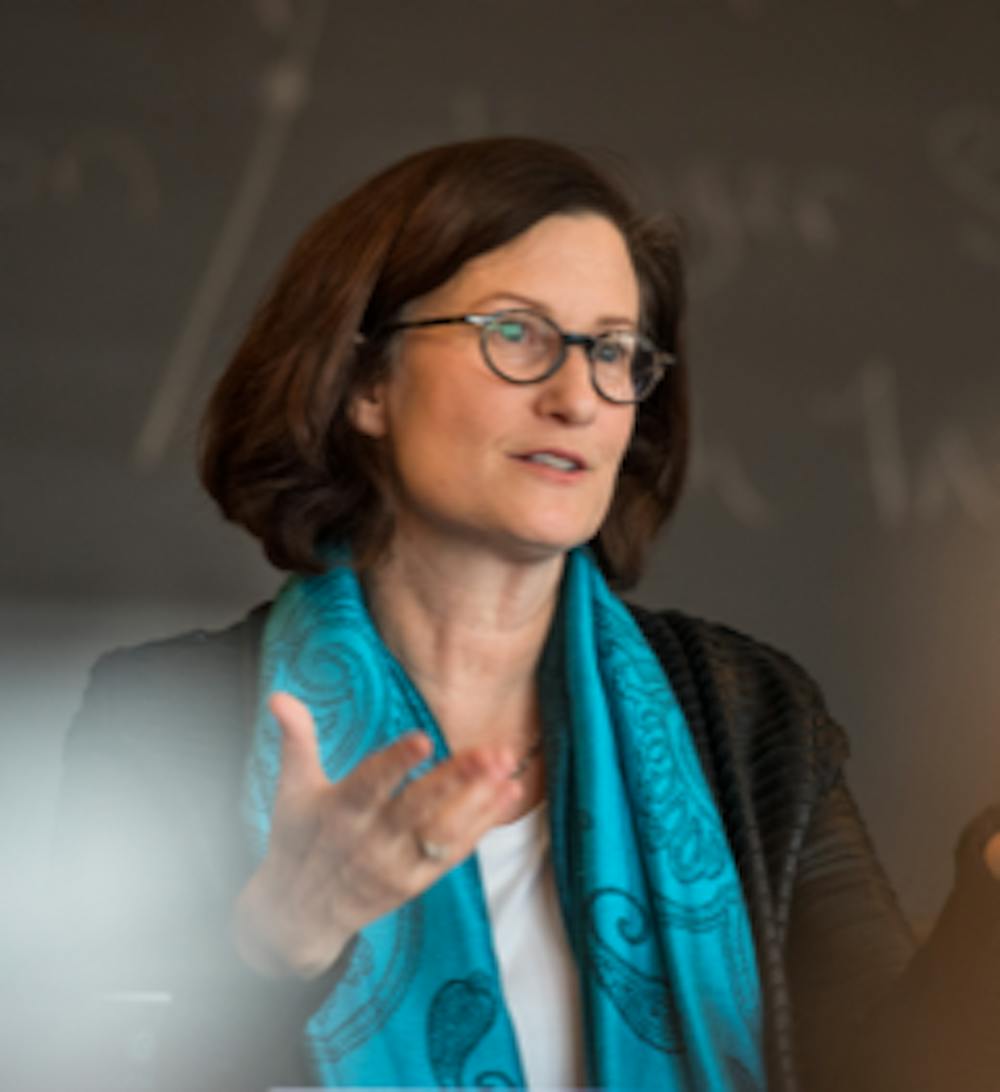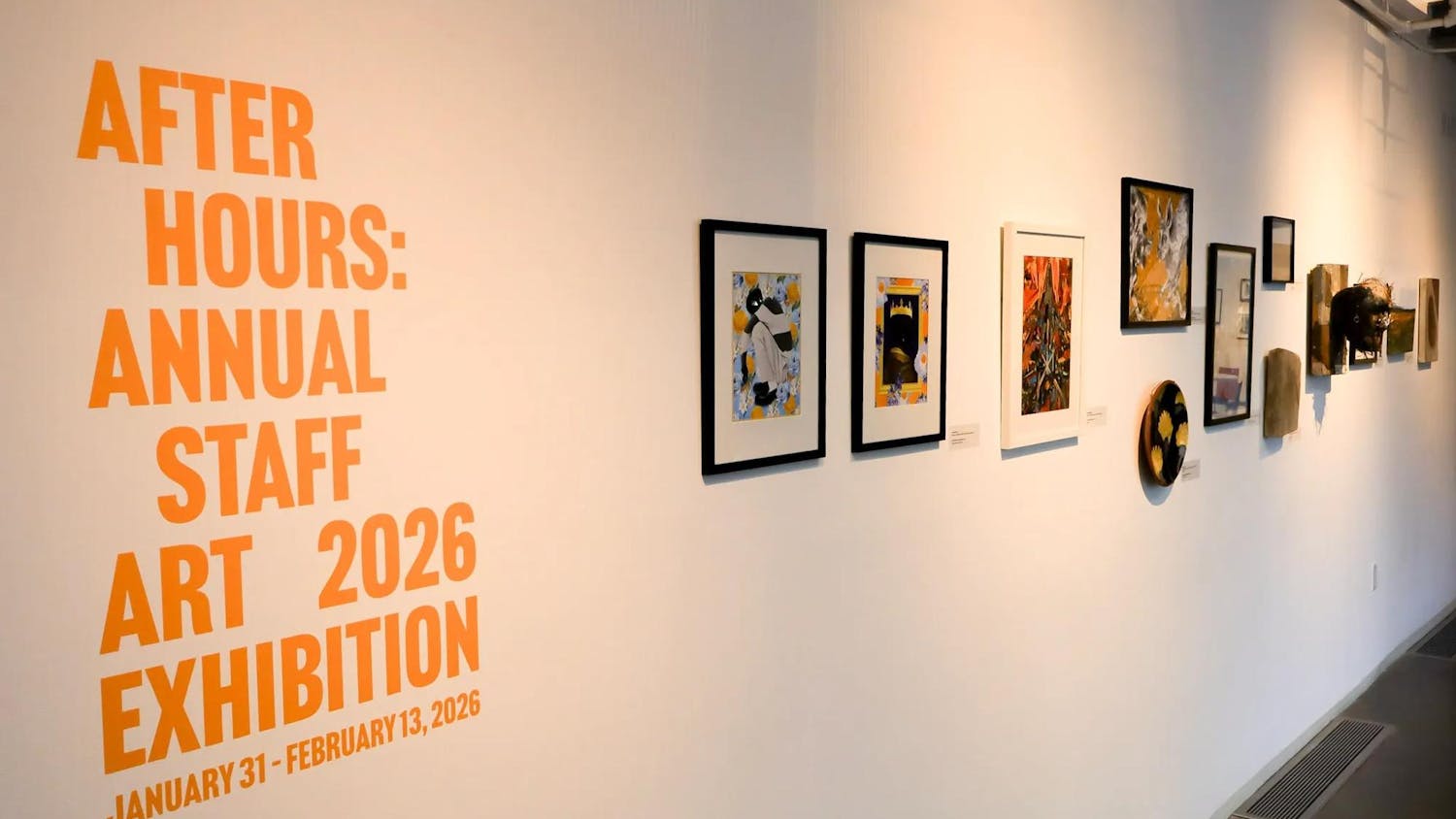In recent years, Bonnie Honig, professor of Modern Culture and Media and political science, has noticed an attack on the “power of words.”
Advertisements now view words “as something to be extracted, harvested and then commodified for political sale,” she said, citing Florida’s “Don’t Say Gay” law as an attempt to limit the power of speech.
Honig hopes to address issues related to speech in a new book partially funded by a John Simon Guggenheim Memorial Foundation fellowship. Honig and 170 other scholars were named Guggenheim Fellows on April 5, according to a press release from the foundation.
This year’s Guggenheim Fellows were chosen from 2,500 candidates based on “prior achievement and exceptional promise,” according to the press release. The application process included a narrative about the candidates’ prior work and a project proposal, Honig said.
Honig said she was “thrilled” upon receiving news of her selection. Though she had previously applied for the fellowship, Honig believes that the strength and timeliness of her 2023 application are most likely what set it apart from her previous applications.
Honig’s book will focus on performative speech, a concept first introduced by J.L. Austin, a famous Harvard lecturer in the 1950s, she explained. Performative speech, including promises and declarations, creates “a kind of relationality” between individuals, Honig added.
She offered the example of wedding ceremonies as a type of performative speech, where the words of an officiant declare two individuals as spouses. Due to the words spoken at the wedding, the couple now has “a set of social expectations about how they will behave and what kinds of relationships they'll be permitted to have,” Honig explained.
But today, performative speech is understood as being “fake or inauthentic,” she said.
Performativity is also a popular but contested term in queer theory, often used in discussions about gendered sex, according to Honig. The concept was central to the work of Judith Butler, a prominent queer theorist and past Guggenheim winner. In their seminal novel “Gender Trouble,” Butler argued that “sex and gender are performed before they exist,” she explained.
In her book, Honig will place political and queer understandings of performativity in conversation in hopes of helping readers use language to “exploit the possibilities of reimagining the world that we share with others.”
Colleagues voiced their support of Honig, congratulating her for receiving the fellowship.
“Honig’s Guggenheim award is well-deserved recognition of her brilliance, creativity and intellectual fearlessness,” wrote Eric Patashnik, chair of political science, in an email to The Herald.
Honig’s book about the “power of performative speech acts … (will work) to elevate and unify communities, provide a sense of democratic possibility and hope and ultimately help reorient and transform societies,” he added.
Macarena Gómez-Barris, chair of Modern Culture and Media, wrote in an email to The Herald that Honig has “a wealth of knowledge, concrete insights and a spirit of constructive potentiality, emphasizing the importance of rigor, experimentation and play in their scholarship and in community with others.”
“I’m thrilled that Professor Bonnie Honig, already a world-class theorist, has been recognized by the Guggenheim Fellowship,” she added. Honig’s work will continue to shape “the undergraduate and graduate curriculum at MCM and in political theory at Brown, as well as the future vision of our department.”

Ryan Doherty was the managing editor of digital content and vice president of The Herald's 135th editorial board. He is a junior from Carmel, NY who is concentrating in chemistry and economics. He previously served as a university news and science & research editor, covering faculty and higher education.





